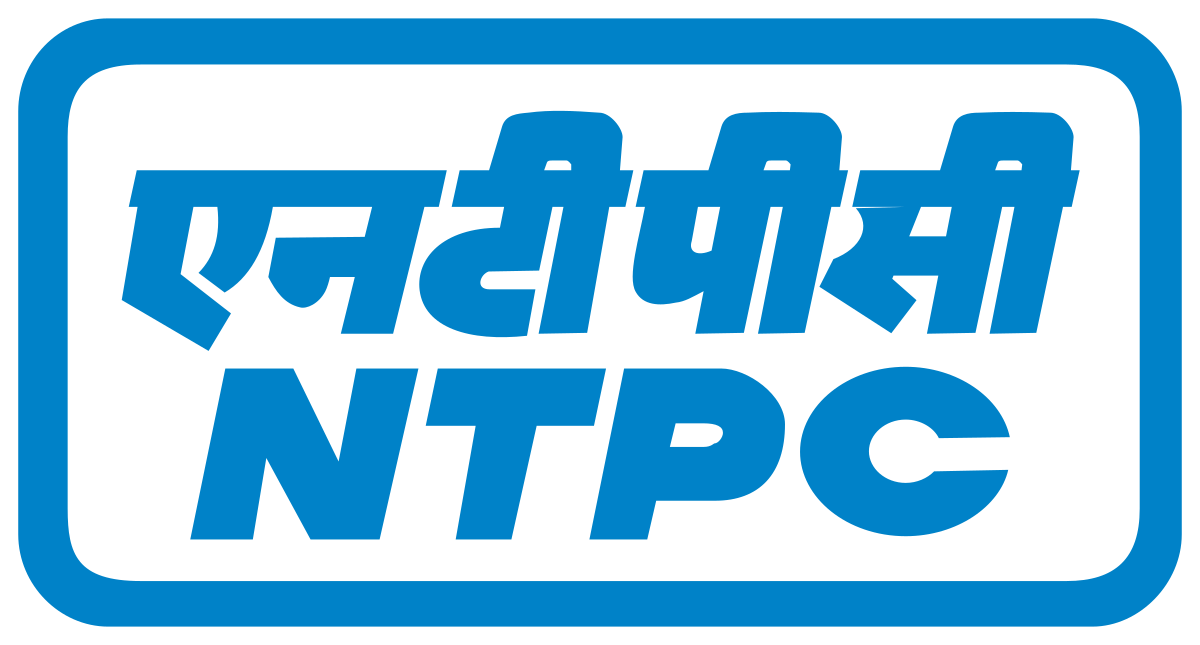Petitions filed by lottery dealers argued that Central GST Act of 2017 and notifications wrongly viewed lotteries as “goods” while they were only ‘actionable claims’.
The Supreme Court has reserved its judgment on the constitutional validity of imposing Goods and Services Tax (GST) on sale of lotteries across the country.
Petitions filed by lottery dealers, including Skill Lotto Solutions Ltd., argued that the Central GST Act of 2017 and notifications wrongly viewed lotteries as “goods” while they were only “actionable claims”.
They said lottery tickets by themselves were only “valueless pieces of paper” and the GST Council was wrong to recommend the imposition of tax on them.
A three-judge Bench led by Justice Ashok Bhushan would primarily heard and pronounce the verdict on charges of discrimination raised against the law for imposing 12% GST on lotteries sold within the same State and 28% GST for sale of tickets from other States.
“Under the GST Act, there are two rates prescribed on the sale of lottery tickets. One is 12% if the lotteries are sold within the same State, and the other is 28% if a State sells the lottery tickets in other States. Arbitrary, discriminatory, unreasonable and clearly violative of Articles 14 of the Constitution,” senior advocate Ravindra Shrivastava and advocate Arjun Garg, for Skill Lotto, had argued.
Several intervenors, represented by senior advocate Aryama Sundaram and advocate Rohini Musa, questioned the imposition of GST on the “face value” of lottery tickets. This “face value” includes prize money to be distributed to the winners of a lottery, margin of agents, retailers and distributors, etc.
“In the earlier tax regime, in which no VAT was levied on lotteries, but service tax was levied, the rate of tax was 1.28% or.82% on the face value of the lottery tickets depending on the prize money payout. Thus the Legislature never intended to tax the prize money component in the lottery trade, as it did not form part of the income of lottery traders, but payable to the winner of the ticket prize. However, the notifications levy GST on the face value of the tickets without adjusting or taking into account the prize money component,” Mr. Garg had argued.
The petitions challenge Section 2(52) of the Central Goods and Services Tax Act, 2017 and notifications levying tax on lottery as being violative of the fundamental rights and contrary to a judgment of Supreme Court in Sunrise Associates Vs. Government of NCT of Delhi of 2006. The judgment had concluded that lotteries were merely actionable claims and cannot be defined as ‘goods’.
‘Actionable claim’
However, Section 2(52) of the Act defines ‘goods’ to include ‘actionable claims’ like lotteries. An ‘actionable claim’ is a claim to debt by means other than mortgage or hypothecation of property. Hence, lotteries, despite being actionable claims, can be taxed as ‘goods’ under the Act.
The petition said that efforts had been from the Constitutional Amendment Act (101st) of 2017 to include actionable claims within the meaning of ‘goods’ in order to make lottery fall within the scope of the GST Act.
But Mr. Sundaram pointed the court’s attention to Article 366(12), which was part of the Constitution even before the 2017 Constitutional Amendment. The senior lawyer argued that Article 366 had defined goods only to include “materials, commodities and articles” and not actionable claims.
“In fact, actionable claims are inconspicuous by their absence from such definition,” Ms. Musa submitted. She said the GST Act cannot expand the meaning of ‘goods’ to include something not envisaged in Article 366.
“Actionable claims can never be termed as goods and these are two separate concepts. However, the GST Act has blurred the distinction only with regard to lotteries, which is impermissible… It cannot be said that the sale of a lottery ticket involved a sale of goods. There was no sale of goods within the meaning of Sales Tax Acts of the different States but at the highest a transfer of an actionable claim,” Mr. Garg had argued.
Source: thehindu.com
***
[rainbow]Don’t miss the next GST Update / Article / Judicial pronouncement[/rainbow]
Subscribe to our newsletter from FREE to stay updated on GST Law
Resolve your GST queries from national level experts on GST free of cost.
TW Editorial Team comprises of team of experienced Chartered Accountants and Advocates devoted to spread the knowledge of GST amongst the various stakeholders.



